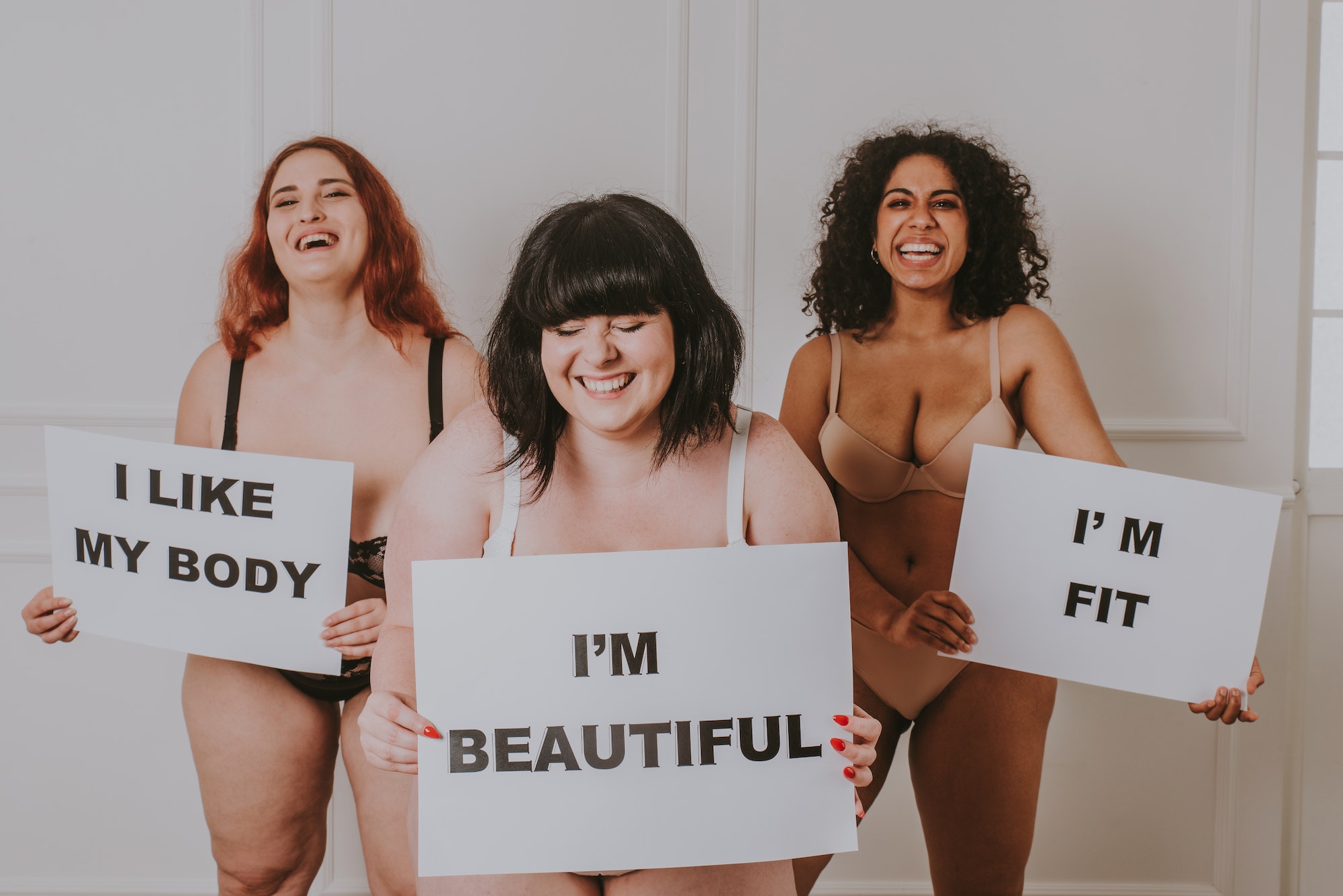Let’s be real, we all have our own unique set of quirks and imperfections. Whether it’s a physical feature we don’t like, a personality trait that gets us into trouble, or a past mistake we can’t seem to let go of, we’ve all been there. But what if we told you that embracing these imperfections is the key to achieving true mental wellness?
Self-acceptance is the practice of accepting and embracing all aspects of ourselves, both the good and the bad. This includes our physical appearance, our personality traits, and even our past mistakes. It sounds simple enough, but for many of us, it can be a difficult and ongoing process.
One of the main benefits of self-acceptance is that it can help reduce feelings of anxiety and depression. When we’re constantly criticizing ourselves and focusing on our flaws, it can lead to negative thoughts and feelings. On the other hand, when we practice self-acceptance and let go of our perfectionist tendencies, we open ourselves up to a more positive and optimistic outlook on life.
Self-acceptance can also help improve our relationships with others. When we’re more accepting of ourselves, we’re less likely to compare ourselves to others and feel inadequate. This can lead to more authentic and meaningful connections with others, as well as a greater sense of self-worth.
But perhaps one of the most powerful benefits of self-acceptance is that it can help us lead a more authentic and fulfilling life. When we’re not constantly trying to change ourselves to fit some ideal standard, we’re free to be our true selves and pursue our passions and interests.
So, how can you start practicing self-acceptance? One of the first steps is to be more mindful of your thoughts and emotions. When you notice yourself criticizing yourself or focusing on your flaws, try to shift your focus to the positive aspects of yourself. Remind yourself that you are enough, just as you are.
Another way to practice self-acceptance is to surround yourself with people who accept and love you for who you are. Spend time with people who make you feel good about yourself and avoid those who bring you down.
It’s also important to practice self-compassion. This means being kind and understanding to yourself when you make mistakes or fall short of your expectations. Remember, we’re all human and we all make mistakes.
In conclusion, self-acceptance is a powerful tool for achieving mental wellness. By embracing all aspects of ourselves, we can reduce feelings of anxiety and depression, improve our relationships with others, and lead a more authentic and fulfilling life. So, let’s all take a step towards self-acceptance and embrace our imperfections.





2 Pingbacks